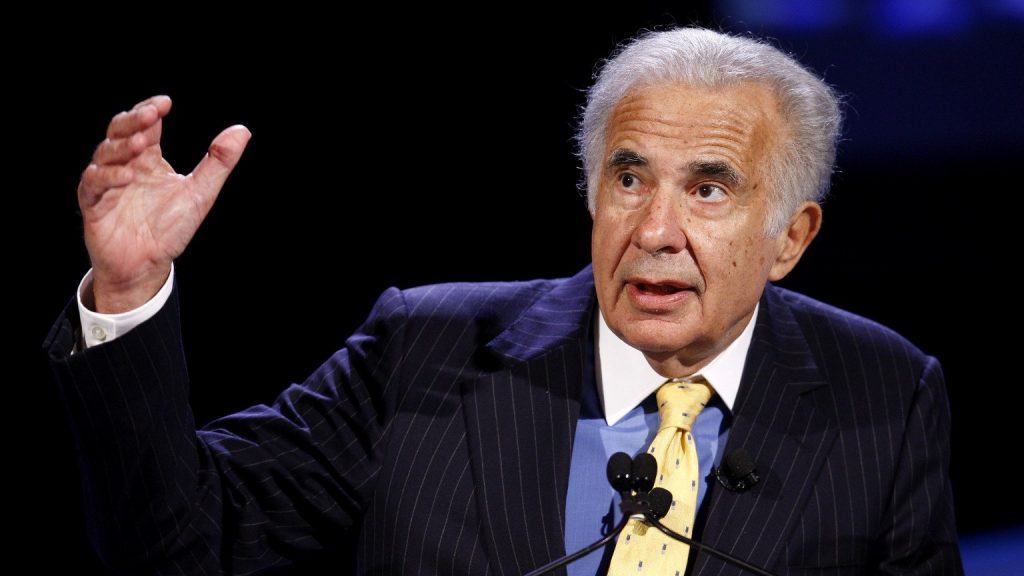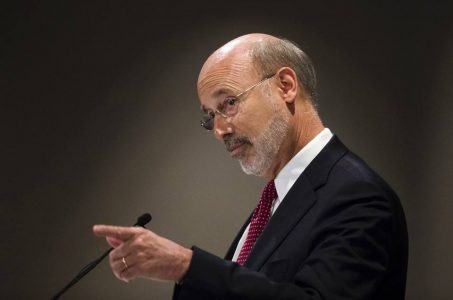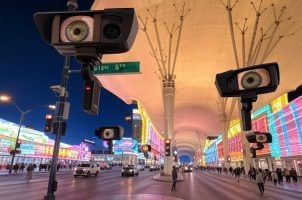New Jersey’s Open and Closed Casino Cases in 2016, and a Few As-Yet-To-Be Determined Battle Outcomes
Posted on: January 2, 2017, 10:00h.
Last updated on: January 4, 2017, 02:59h.

Atlantic City’s casino industry began the year with a newfound spirit of optimism. The finances of the city itself may have been in disarray, but there was a sense that, with the closure of a quarter of its casinos over the past few years, the sector was now right-sized and it was rebounding.
Ironically, this optimism may have sparked the industrial action that ultimately led to the closure, in October, of the Trump Taj Mahal.
The casino was rescued from bankruptcy in 2014 by billionaire investor Carl Icahn, the holder of the majority of its debt. He promised to convert that debt into equity and offered millions of further investment, but only if he were granted certain concession by the city and the bankruptcy court.
These including the temporary cessation of worker pension and healthcare benefits. But now that things were looking rosier, the workers wanted their benefits back.
Unite Here Local 54 Union picketed the Taj for weeks before the announcement it would have to close permanently. The casino was losing “multimillions a month” and could currently see “no path to profitability,” Icahn Enterprises announced.
If the union thought Icahn was bluffing, they were wrong. The Taj shuttered its doors, apparently for good, in the early hours of October 11th.
Expansion and Contraction
Meanwhile, debate was raging about the proposal to break Atlantic City’s monopoly on casino gaming and license two casinos in the north of the state, close to New York.
A public referendum on November 8th would decide the matter, but in the meantime two opposing media campaigns were launched in the hope swaying the public vote.
Northern expansion proponents claimed that the new casinos would act as a bastion to casino expansion in upstate New York and elsewhere, effectively saving the New Jersey casino industry. Naysayers feared it would disrupt Atlantic City’s perilous growth and possibly finish the city off for good.
As the year developed, it became clear that there was little appetite for casinos in the north, a position that was reinforced by a successful media campaign by the anti-expansion lobby, which was based almost entirely around the alleged untrustworthiness of New Jersey’s politicians.
Let’s just say it tapped into the public mood and the pro-expansion lobby had already thrown in the towel by the time New Jersey voted “no” on November 8.
Sports Betting Fight
On the sports betting front, New Jersey’s battle to allow sports books within its borders continues, and the subject probably deserves an article all of its own. The state is currently asking the Supreme Court to hear its appeal of Third Circuit’s August ruling, which blocked its attempt to legalize sport betting solely at its casinos and racetracks.
New Jersey is not going to lie down and roll over on this one anytime soon and is considering using its “nuclear option,” a total repeal of PASPA, which would permit sports books not just in casinos and racetracks but anywhere across the state.
Meanwhile, the state’s online sector grew and, after three years of operation, can be broadly viewed as a success. Online casino broke records throughout the year, while results for online poker remained disappointing, despite the long-awaited entrance of PokerStars into the market.
Despite quickly taking the market lead, the online poker giant’s presence has failed to reinvigorate the market in the way it had been hoped.
Related News Articles
Pennsylvania Gambling Expansion Could Take a Year to Enact
Most Popular
PUCK, NO! Health Dept. Closes Las Vegas Wolfgang Puck Restaurant
Oakland A’s Prez Resigns, Raising Questions About Las Vegas Move
Vegas Casino Resorts Install Detectors to Smoke Out Vapers — Report
Most Commented
-
UPDATE: Whiskey Pete’s Casino Near Las Vegas Closes
— December 20, 2024 — 33 Comments -
Zillow: Town Outside Las Vegas Named the Most Popular Retirement City in 2024
— December 26, 2024 — 32 Comments -
Oakland A’s Prez Resigns, Raising Questions About Las Vegas Move
— December 27, 2024 — 9 Comments -
UPDATE: Former Resorts World & MGM Grand Prez Loses Gaming License
— December 19, 2024 — 8 Comments
















No comments yet